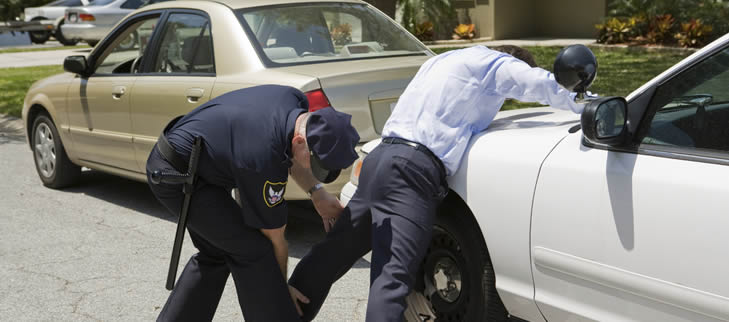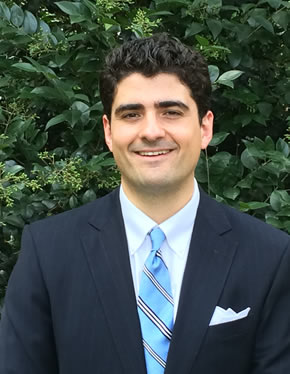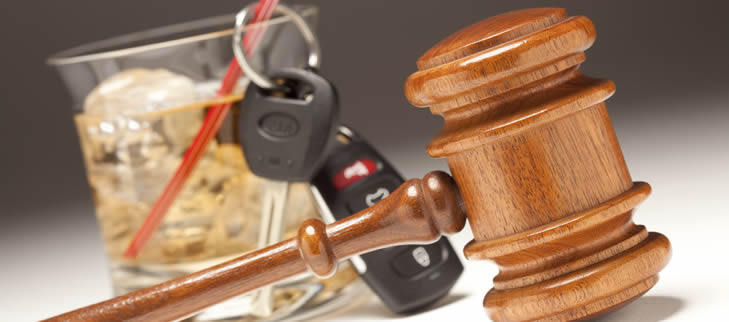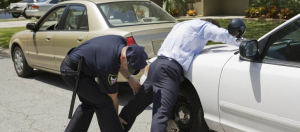Decatur mayor pro tem arrested for DUI

Decatur Commissioner Kecia Cunningham was arrested this month for driving under the influence.
Cunningham, who serves as the commission’s mayor pro tem, was arrested June 11.
“I accept responsibility and intend to accept the consequences. I anticipate this will be handled as any other matter, and I am embarrassed. It’s a personal matter that I’m embarrassed by,” she told Decaturish news website.
According to the police report, Cunningham was stopped shortly after midnight on June 11 after a Decatur police officer noticed her making an improper turn on East College Avenue near Sams Crossing. Cunningham also failed to maintain a lane and was driving erratically, according to the report.
Cunningham told the police officer she stopped at the Capital City Cigar Club in Sandy Springs after work before heading home and that she had a glass of wine, a vodka and cranberry cocktail and a cigar. She agreed to a breathalyzer test and her blood alcohol level was .147; in Georgia, one is considered drunk with a score of .08 or higher.
Cunningham made history in 1999 when she became the first openly gay African American elected to public office in Georgia and the Southeast when she was elected to the Decatur Commission. In 2013 she was named mayor pro tem of Decatur and was reappointed to the post in 2015.
During her time on the commission, Cunningham was a leading proponent of the city adopting a domestic partner benefits policy for its employees.
In 2013 she told Georgia Voice she is bisexual.
Cunningham is up for re-election this year.
MADD: What is Blood Alcohol Content

Mothers against Drunk Drivers recently published an excellent article on what is blood alcohol content. The article does an excellent job of describing blood alcohol content, how it causes drivers difficulties when operating this influence, and strategies for remaining a sober driver.
Tragedy and Legal Consequences of Driving Under the Influence

The AJC reported, on the the December 13, 2013 tragedy involving a newly married couple leaving their wedding. The driver of the car wrecked and killed his bride only hours after marrying her while under the influence of alcohol. The driver pled guilty to felony vehicular homicide. The Defendant was sentenced to 15 years, the first two to three months in jail, and sentenced to probation after release. In addition he was classified a habitual violator by the Department of Driver Services and is barred from having a driver’s license for at least five years.
Mothers Against Drunk Drivers Survey
A new survery was just released by Mothers Against Drunk Drivers showing society views on choosing a designated driver and preventing DUI drivers on the road has shifted. The survey found that most persons use a designated driver because the want to keep themselves and others safe. The significant penalties for a DUI arrest were less of a factor than originally thought. To learn more about the survey about Drunk Driving Click here.
Andrew Lynch Awarded Super Lawyer’s Rising Legal Star Status 2015

Andrew Lynch was awarded the status of Super Lawyer’s Rising Star 2015 for the area of Criminal Defense. This award is only given to the top 2.5% of lawyers throughout the county. Click here to see more.
“Super Lawyers is a rating service of outstanding lawyers from more than 70 practice areas who have attained a high-degree of peer recognition and professional achievement. The selection process includes independent research, peer nominations and peer evaluations.”
Atlanta Municipal Court Warrant Amnesty Program

 Atlanta Municipal Court: Warrant Amnesty Program Now!
Atlanta Municipal Court: Warrant Amnesty Program Now!
As of today, February 2nd, 2015, the warrant amnesty program for City of Atlanta has begun. This will be in effect from February 3rd, 2015 to March 27th, 2015. All active warrants issued by the City of Atlanta before November 18th, 2015 will be be canceled. If you had an active warrant out, now is the time to act and get rid of your charges. Many people with warrants want to go to the courthouse to settle their cases, but are afraid of going in for fear that they will be arrested and put in jail upon arrival. You do not necessarily have to have committed a serious crime to have a warrant issued. A common situation is “failure to appear”, which could have been caused by something as harmless as forgetting to go to court for a speeding ticket.
Luckily now is an excellent time to deal with this. For the next eight weeks, you can go to the Atlanta Municipal Courthouse at 150 Garnett Street, to settle your case. The courthouse will be open from 7:00 AM to 5:30 PM, Monday through Friday. For those who cannot make it at those times, the court will be open on Saturday, March 21st, starting at 10:00 AM, for people to seek resolutions. You can either register online or in person.
If you live out of town, and need to follow up with this by doing a “plea in abstentia”, or are uncomfortable going on your own, hiring an attorney will be the most effective way to deal with this. The Lynch Law Group has much experience in dealing with this court and these warrants. Click below for additional information.
To Blow or Not to Blow: How does a refusal affect me at trial of my DUI at Trial?

Many people debating to fight a DUI case in court wonder how, if at all, my refusal of the state sanctioned test of my blood, breath, or urine for alcohol or drugs will affect them at trial. The short answer is, your trial judge will charge your jury that a refusal of the state requested test of your blood alcohol content is an inference that alcohol would have been present but not that you were impaired. In non lawyer terms, it will be legally inferred you did consume alcohol, but the state does not get the inference that you were impaired or “drunk” on the alcohol. The judge will also tell your jury that the test is voluntary and you do not have to consent to the officer’s requested test.
Police Coercion in Getting You to Consent to a Search of Your Blood, Breath, or Urine in a DUI Investigation

A police officer arresting you for DUI can ask you for a sample of your blood alcohol content (“BAC”). Sometimes a person does not know what to do and turns to an arresting officer for advice. Sometimes the advice is fair and true, sometimes it is misleading and illegal. The following are factors in what is legal and what violates your rights:
“If an officer gives additional, misleading information that impairs a defendant’s ability to make an informed decision about whether to submit to testing, the defendant’s test results . . . must be suppressed.” Miller v. State, 317 Ga. App. 504 (2012). “Misinformation regarding the consequences of a refusal to submit to the state administered test may constitute unlawful coercion. Wallace v. State, 325 Ga. App. 142 (2013). Misinformation not necessarily required, “the court must evaluate the officer’s actions to determine if the officer acted reasonably in the situation and whether the procedure was applied in a fair manner.” State v. Rowell, 299 Ga. App. 238 (2009). “The procedure utilized by the officer in attempting to persuade a defendant to rescind [her] refusal [must be] fair and reasonable.” Id. Whether Defendant “felt coerced when deputy mentioned[whatever] . . is at the heart of the case. Id. at 240.
Factors Considered:
- Was the Officer’s statement deceptively misleading regarding breath test?
- Made specifically to encourage or coerce Defendant into consenting?
- Was conversation surrounding about breath test?
- Close in time?
- Did submission take place immediately after information?
- Intentional misinformation not necessary?
- Subjective feelings of Defendant is heart of case?
If you have been arrested for DUI you should seek an expert to review your case today?



